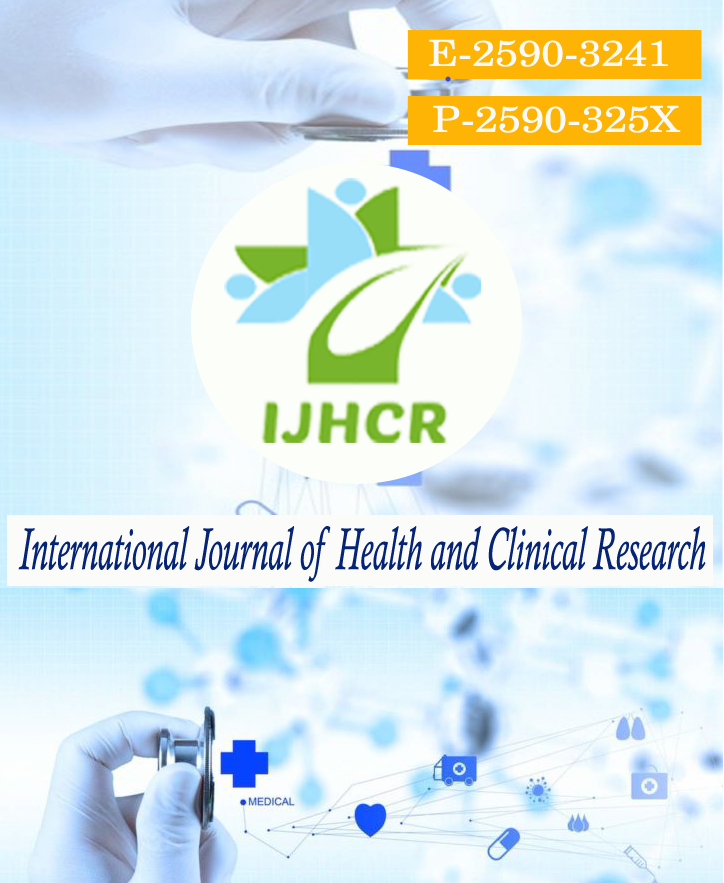
International Journal of Health and Clinical Research
Yazarlar: Vibha Bhide, Gautam Bhaware, Anand Bhide, Sujata Muneshwar
Konular:-
Anahtar Kelimeler:Age,Depression,Ethnicity,Migrant,Stress.
Özet: Background: India's tribal women are the primary breadwinners, yet they are socially and economically disadvantaged, with high rates of poverty, illiteracy, unemployment, and social insecurity, all of which contribute to a high percentage of mental illness among these women. Aim: The purpose of this study was to look into the levels of depression and stress experienced by rural tribal migrant women in India. Materials and Methods: Stratified random sampling was used to collect data on two subgroups of age (younger and older) and ethnicity (tribal and non-tribal). A total of 1000 rural migrant labour women were picked from various blocks and villages throughout the districts. Aaron T. Beck's Beck Depression Inventory (BDI-II) was used to assess depression, whereas Shamsunder et al. (1986) and Goutam et al. (1987) introduced General Health Questionnaire (GHQ) -12 was used to assess stress. Results: The older labour sample group had a higher level of sadness and stress than the younger migrant group, according to the findings. In comparison to the non-tribal sample group, the tribal sample showed a higher level of sadness and stress. Conclusion: It was concluded from the study that level of depression and stress was found higher among tribal women sample as compared to non-tribal sample and level of depression and stress was found higher among older women sample as compared to younger sample.